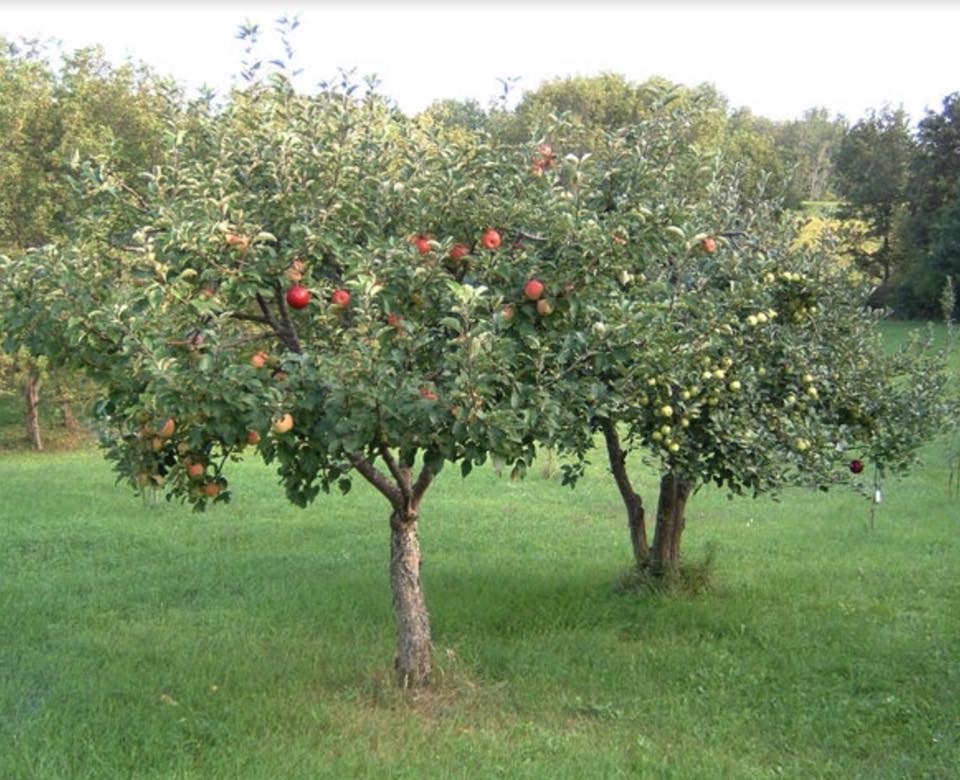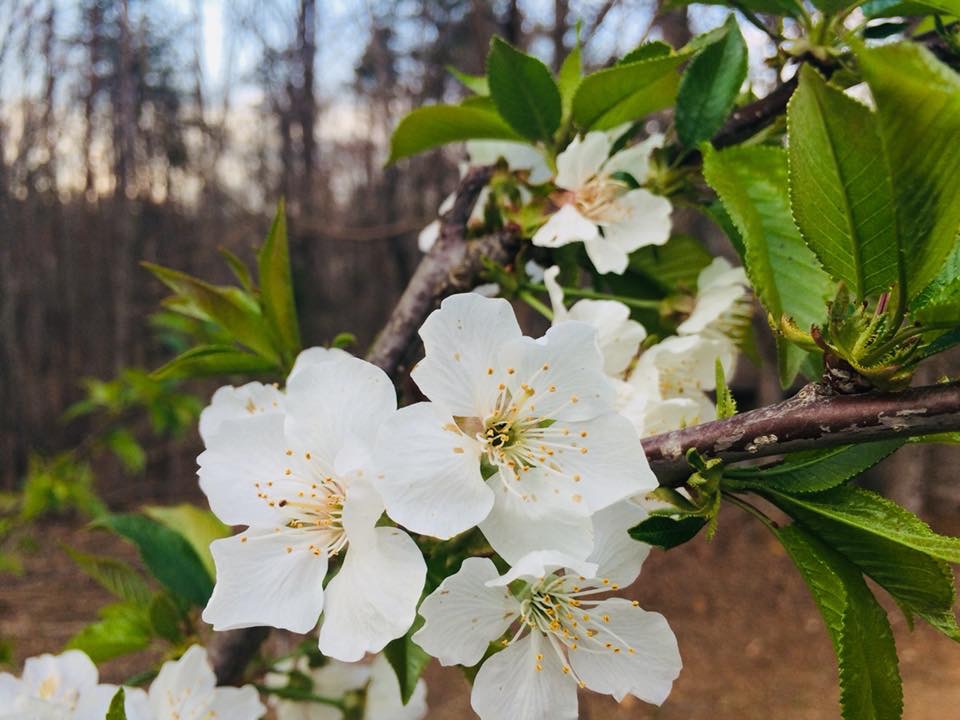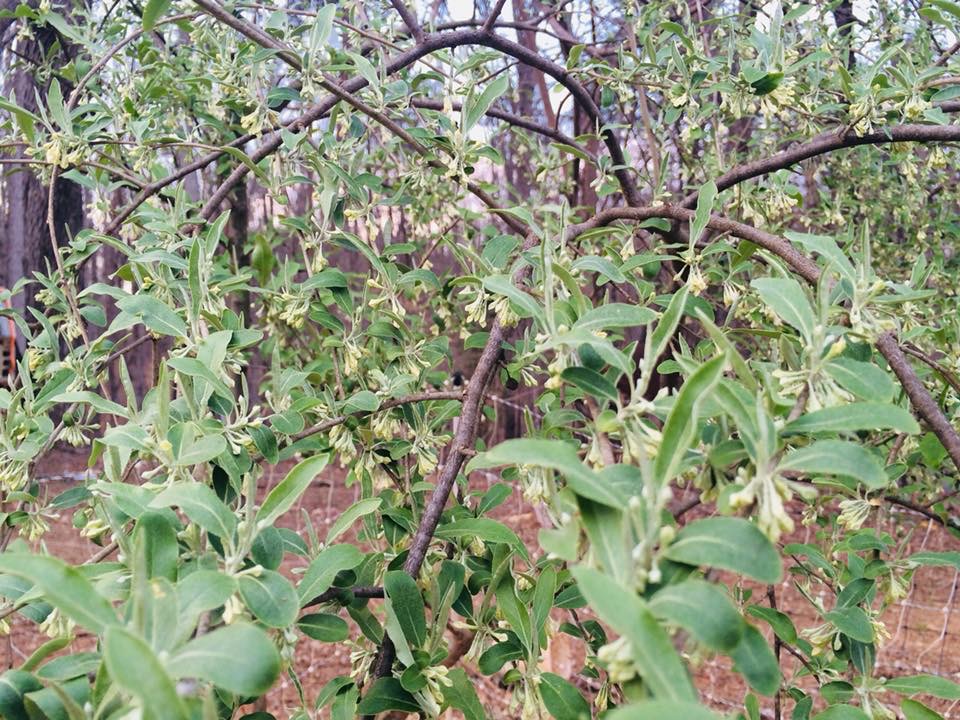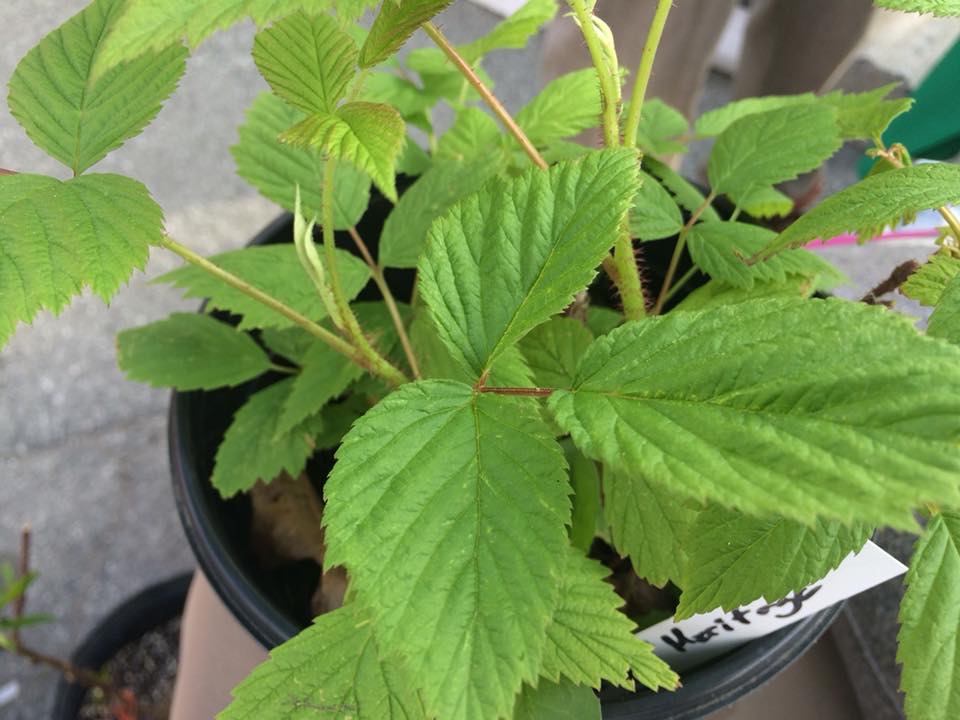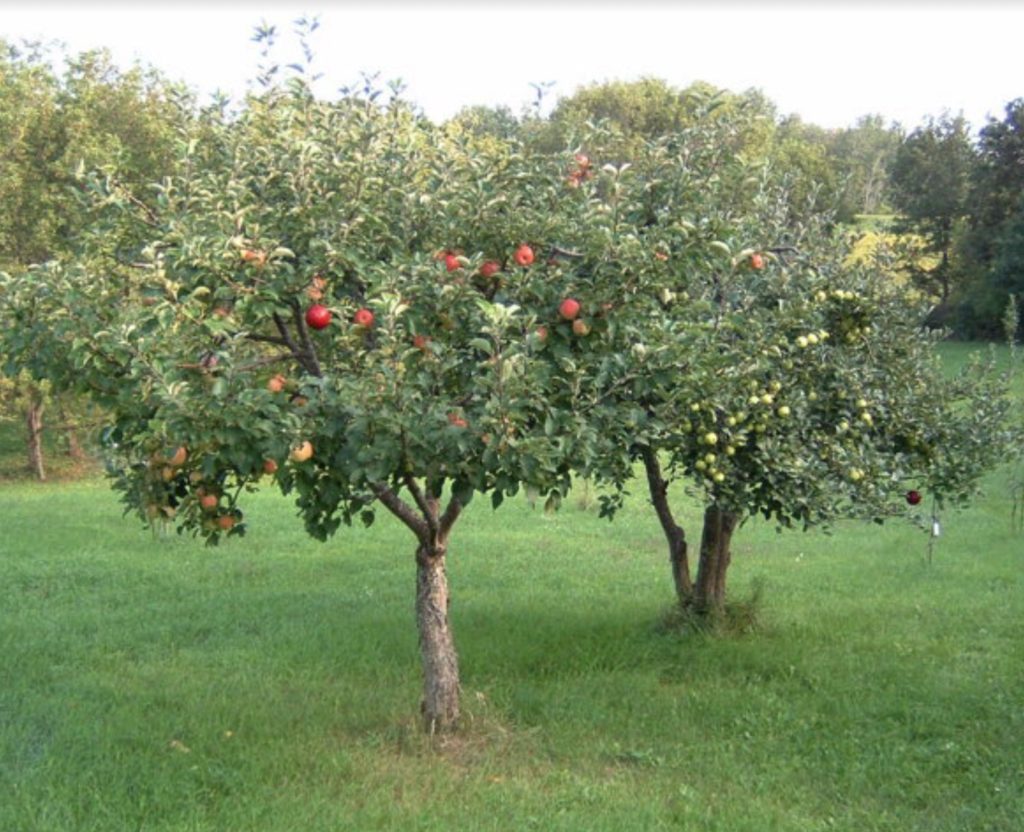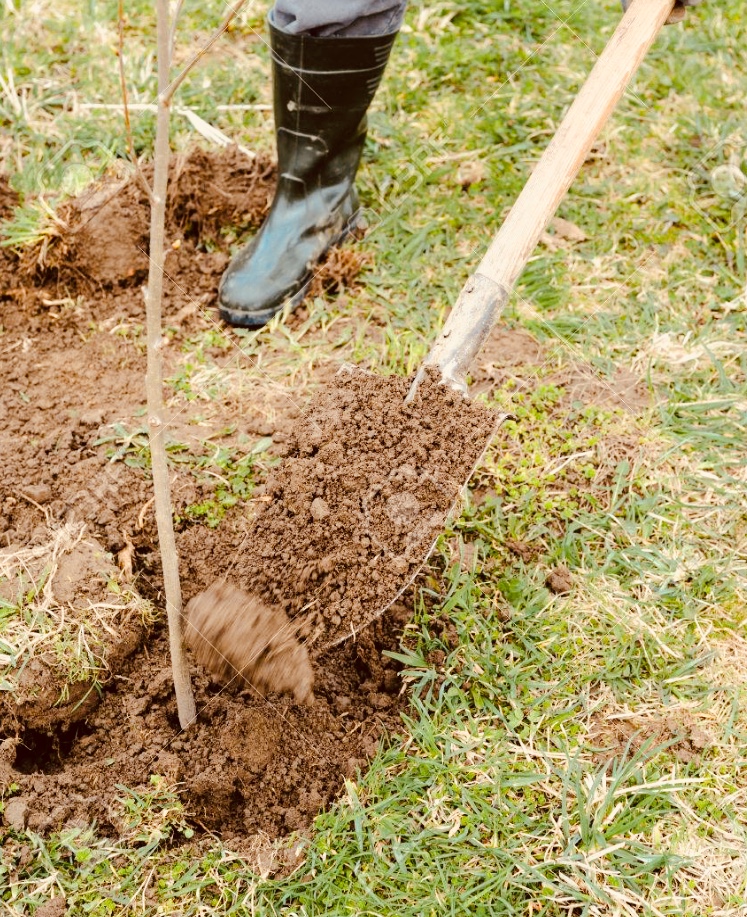There’s nothing quite like a fresh picked muscadine grape that has only traveled the distance from the vine to mouth via your hand. No sprays, waxes or added sugars necessary. These delicous fruits are a great pick for organic gardeners, and others interested in edible landscaping in the South.
Muscadines (Vitis rotundifolia) work so well here in North Carolina because they are our native grape. They are resistant to our most common pests and diseases, such as Pierce’s disease and Phylloxera which can wreak havoc on popular V. Vinifera cultivars like Merlot, Cabernet, and Chardonnay. While these familiar favorites can be grown in NC and other Southern States, you have to be careful with variety and site selection for your vineyard, and pay particular attention to rootstocks and soil characteristics before planting your backyard vineyard.

Fresh picked Muscadine Grapes
While planting muscadines on your property is definetly a productive option, wild muscadines are extremely common in our forests and woodland edges and are a great option for wildcrafters and foragers. In fact, this harvest of grapes was one we foraged from wild vines growing along the edge of our pond.
Wild muscadines tend to ripen over a period of a couple weeks in late summer/early fall, so it often takes multiple trips spaced out over time to gather the fruits from one vine. Of course you won’t get them all, and many birds and mammals will feast on the ones left behind or drop to the ground. On our farm, the free range ducks, chickens, and heritage turkeys relish these sweet treats as they fall from vines that can reach up to 60 ft tall in the canopies of oaks, hickorys, and pines.
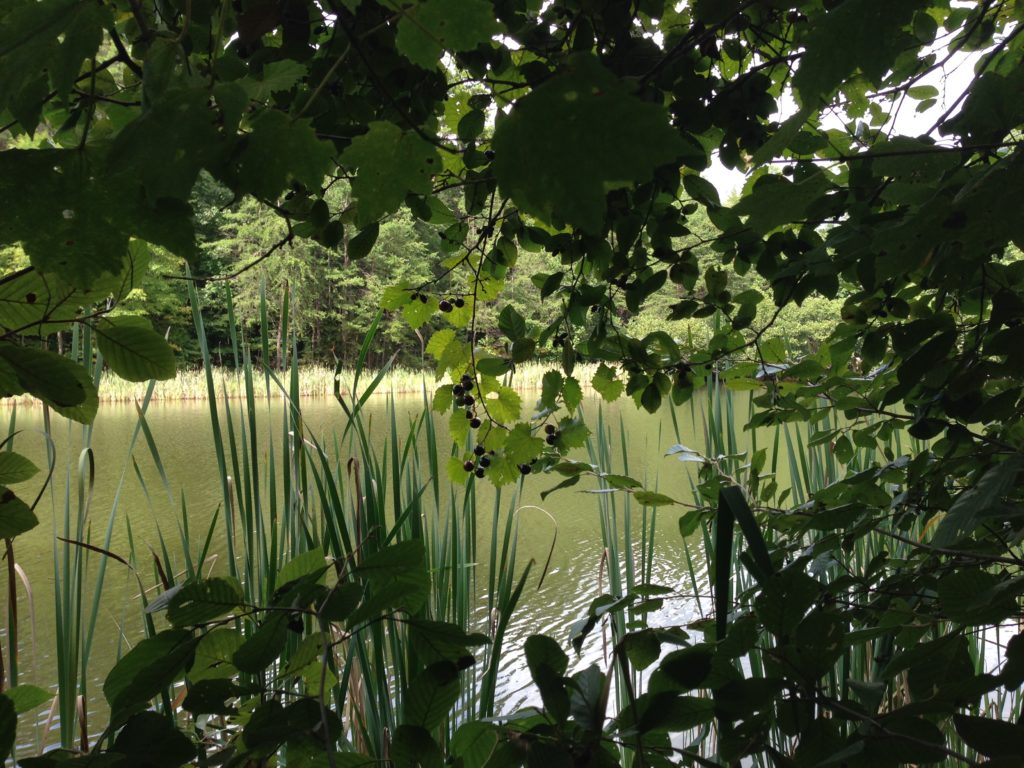
Wild Muscadine Grape Vine Ready to Harvest
Wild vines aren’t always the most productive, and the ones that are growing in mature trees are often too high to harvest anyway. The best vines are those that are growing along smaller trees and shrubs that are easily accessible to human hands.
Once you find a vine like this, one option is to tend to it like you would a planted vine. Selective pruning to remove dead wood and overgrowth of foliage, as well as some light pruning of nearby vegetation to let in some more light will help to ripen more fruit. Some vines can even be lowered onto supporting vegetation that is makeit easier to harvest these delicous grapes.
This type of “wild encouragement” is an easy way to increase fruit yields that benefit both you and nature. As long as you are careful, and make sure you aren’t messing around on protected property, this can be a very positive human interaction with the landscape.
Whether you’re planting improved varieties of muscadines or foraging from wild vines, these vigorous natives are delicous fresh out of hand, or in wines, jellies and jams. Happy picking!
